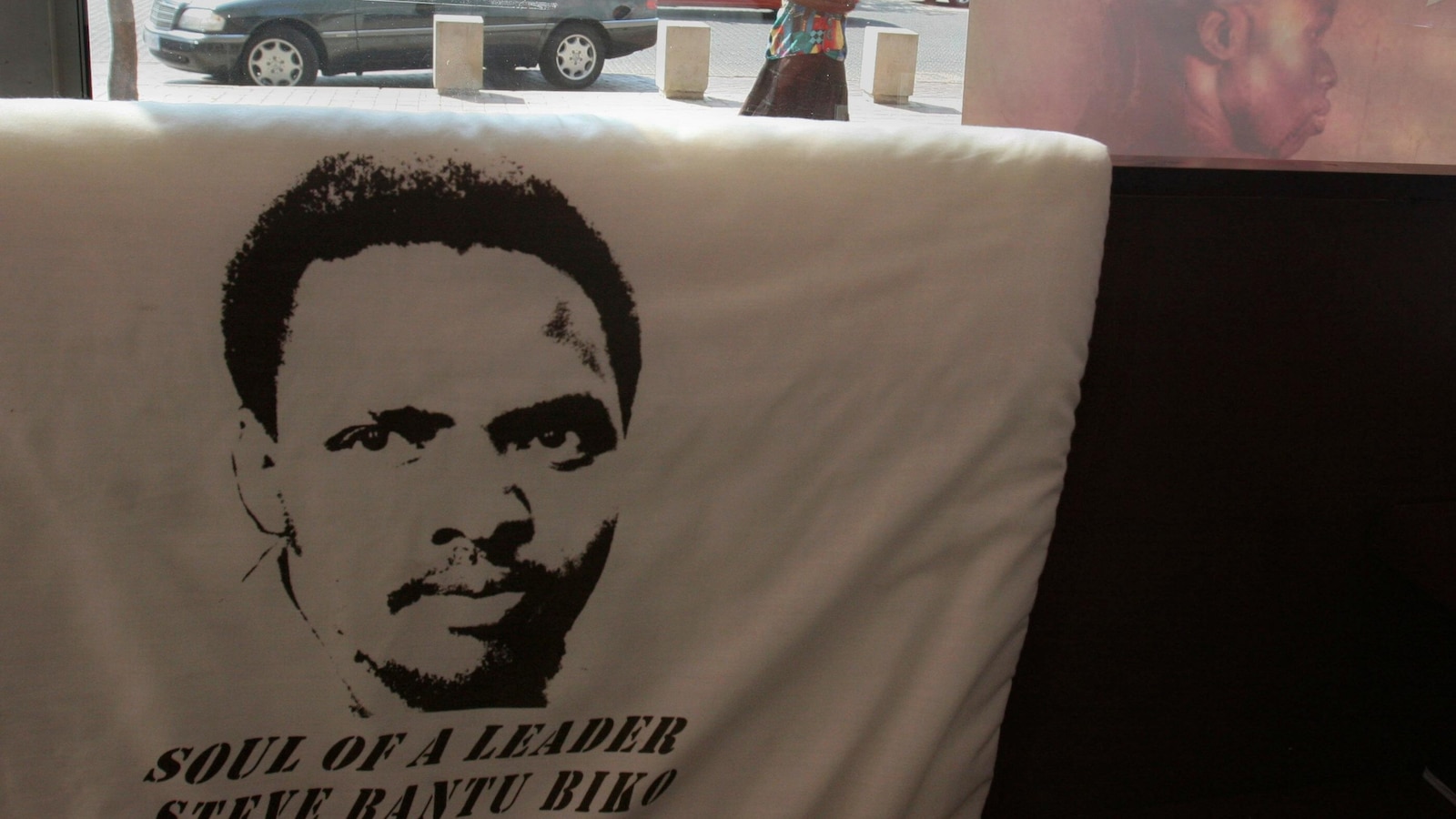ARTICLE AD BOX
Samantha Granville
BBC News
Reporting fromBeirut
At least 12 people have been killed in Israeli air strikes in Lebanon's eastern Bekaa Valley, a regional governor says.
Seven Syrians, including a family of five, and three Lebanese were killed when the Wadi Faara area was hit, Baalbek-Hermel Governor Bachir Khodr wrote on X. The other two deaths were reported in Shmustar.
The Israeli military said it had struck a number of military compounds belonging to the armed group Hezbollah, including training camps affiliated to its elite Radwan Force.
These were the deadliest strikes since a ceasefire ended a year of fighting between Israel and Hezbollah, including two months of all-out war that left the group severely weakened.
Hezbollah has not yet commented on the attacks, although its Al-Manar TV channel said they constituted violations of both the ceasefire and Lebanon's sovereignty.
The Arabic-language spokesperson of the Israel Defense Forces (IDF), Lt Col Avichay Adraee, said on X that Tuesday's strikes hit several Hezbollah targets.
"As part of the strikes, military compounds belonging to the Radwan Force have been targeted, where terrorist operatives and warehouses used to store combat equipment employed by Hezbollah have been identified," Adraee said.
The Radwan Force is Hezbollah's elite commando unit.
The IDF said in a separate English statement that it had killed the Radwan Force's commanders in September 2024 - when it launched an intense air campaign against Hezbollah and invaded southern Lebanon - and that since then the unit had been "operating to re-establish its capabilities".
The IDF asserted that Hezbollah's storage of weapons and military activities in the Bekaa Valley constituted a "blatant violation of the understandings between Israel and Lebanon and constitute a future threat to the State of Israel".
Israeli Defence Minister Israel Katz said the strikes sent "a clear message" to Hezbollah and the Lebanese government, emphasising that Israel was prepared to "respond with maximum force against any attempt at rebuilding" Hezbollah's military capabilities.
The basis of the ceasefire agreement between the Israeli and Lebanese governments, brokered by US mediators in November, was the full implementation of UN Security Council resolution 1701, which ended the last war in 2006.
Hezbollah was required to withdraw its forces to positions north of the Litani River - approximately 30km (20 miles) from the Israeli border - leaving only the Lebanese army and United Nations peacekeepers authorized to operate with arms in that area.
Israel was required to fully pull its forces out of Lebanon, but it has maintained a military presence at five sites in the south that it considers strategically important.
The agreement also noted that the resolution reaffirmed previous Security Council calls for the "disarmament of all armed groups" in Lebanon.

 1 month ago
73
1 month ago
73








 English (US) ·
English (US) ·